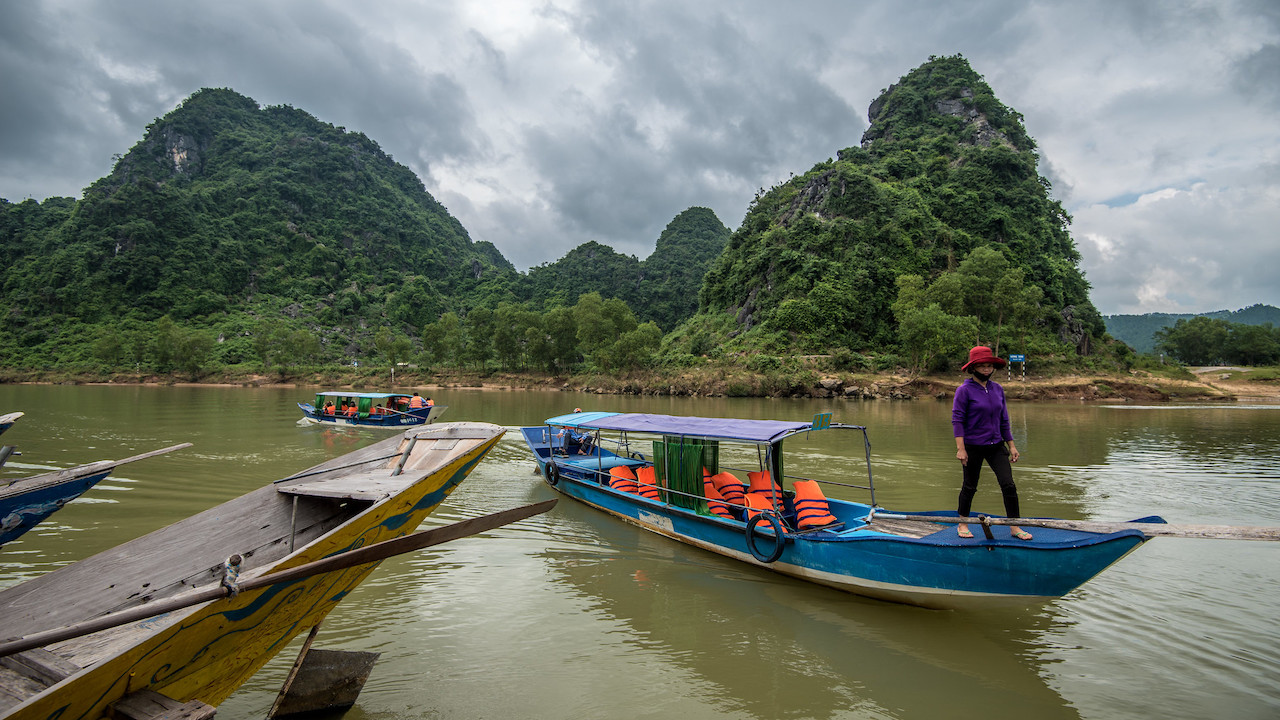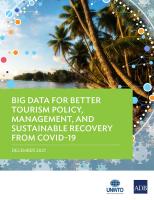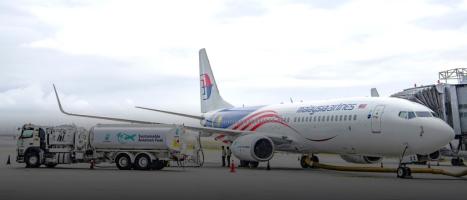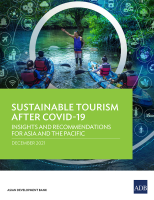
In a meeting in April, ASEAN tourism ministers affirmed that digital technology can transform the tourism sector by making travelers’ journeys more seamless and memorable. Photo credit: ADB.
Technology should be used to enhance the sector’s competitiveness, facilitate growth, and develop sustainable tourism.
Leaders of the Association of Southeast Asian Nations (ASEAN), vowed to use digital tools to revive tourism in the region in the wake of the coronavirus disease (COVID-19) pandemic.
The leaders issued the declaration at the 37th ASEAN Summit, which began on 12 November. The meetings are being held online.
In the ASEAN Declaration on Digital Tourism, the leaders noted the importance of the tourism industry in sustaining the socioeconomic growth of members. Tourism is also expected to contribute to regional cultural exchanges, poverty reduction, improved quality of life, and peace and prosperity.
On 29 April 2020, tourism ministers affirmed that digital technology “is the new driving force for global economic growth and that it can transform the tourism sector by making travelers’ journeys more seamless and memorable.”
ASEAN leaders thus stressed the need to apply digital technology and innovation to tourism development to enhance competitiveness, facilitate growth, and develop sustainable tourism, as well as to provide opportunities and develop capabilities in the sector. They also encouraged “the development of a dynamic, competitive, creative, and synchronized ASEAN tourism industry, through digital transformation, to accelerate economic growth and social advancement.”
The leaders also agreed to the following:
- Promote greater cooperation among members to identify tourism opportunities and gaps in the digital transformation journey, and to consolidate existing ASEAN tourism cooperation mechanisms to encourage technological innovation such as the development of new digital platforms, digital database systems; and digital value chain connections;
- Create favorable conditions to facilitate the development of tourism policies and infrastructure to reduce barriers to entry and encourage the adoption of digital technology and innovation among tourism businesses and communities, including startups; micro, small, and medium-sized enterprises; and tourism institutions, as well as to enhance public–private partnerships;
- Enhance capacity building and develop human resource development programs with a focus on upskilling and reskilling the tourism workforce;
- Encourage research, development, and application of advanced technologies and innovations in tourism through cooperation in areas such as innovative technologies, tourism investment, joint applied research, development and deployment projects, and through the sharing of policies and best practices among ASEAN members and external partners;
- Attract investments to implement digital technology in areas such as product development, tourism promotion, tourism safety and security, and quality destination experiences to improve the overall user experience and benefit the tourism workforce, businesses, and communities; and
- Encourage the use of digital solutions to promote safe and seamless travel experiences in Southeast Asia both during and after the COVID-19 pandemic and ease travel facilitation at entry/exit points, such as through contactless immigration processes and payment modes and implementing interoperable mobile contact tracing applications during crises.


